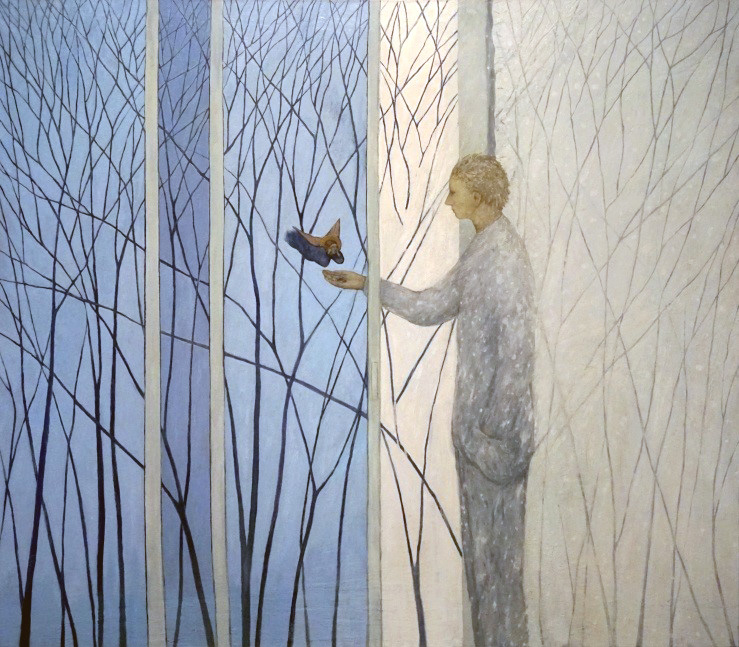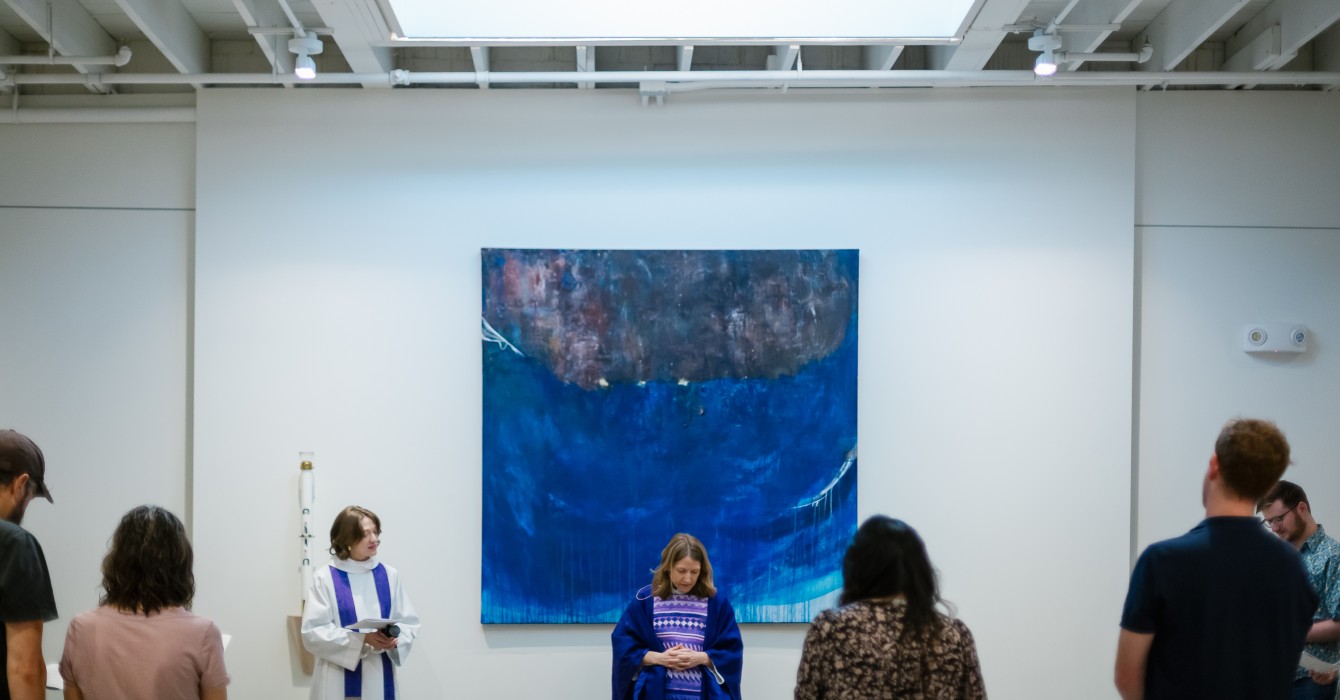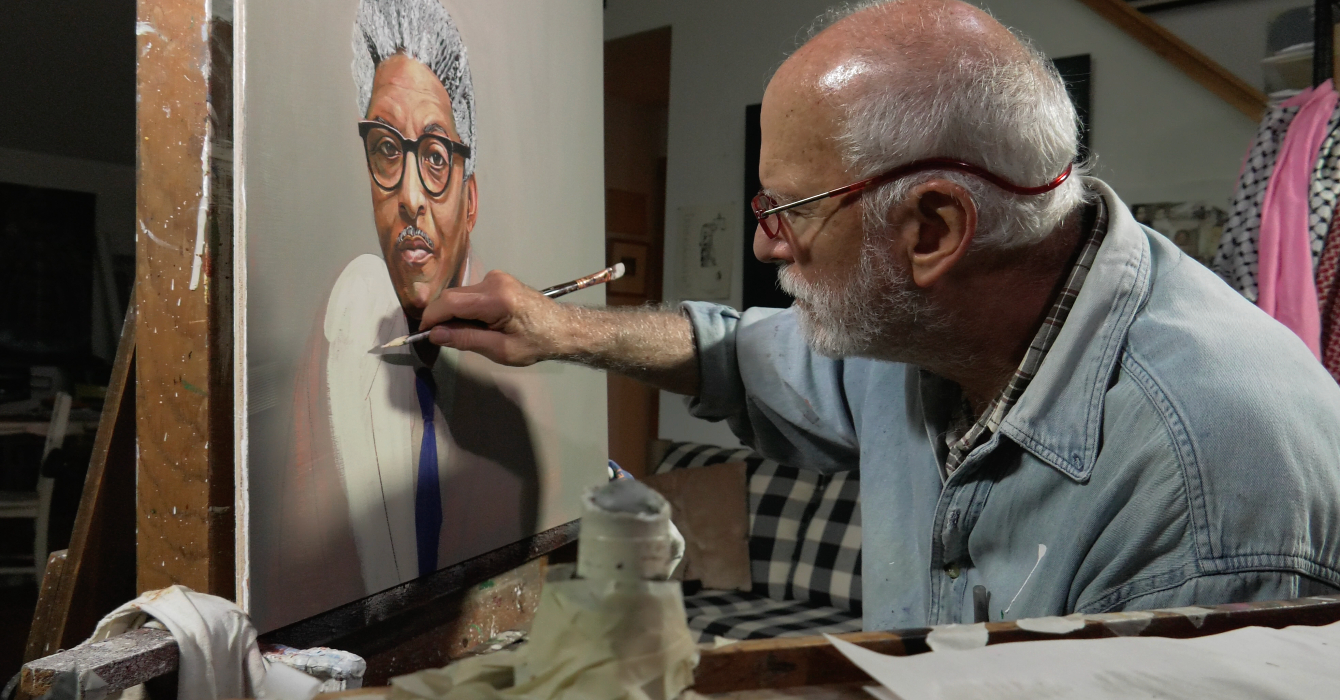Shouldn’t we get it by now?
From the inside looking out, we’re aware of the dimming daylight even as we’re typing away, chasing children, on another Zoom. And then we check the time: only 5:15. Whoa.
We’ve observed “spring forward, fall back” our whole lives. We’ve made it through our share of winters. We understand the shortening of days and lengthening of nights. We know how this works. Don’t we?
And yet here we are, year after year, still surprised, still looking outside and saying, “Can you believe how dark it is already?!” (Or, in the words of a TikTok I still think about, “Bro, it’s 5:15! What?”)
When we think of Advent, the themes of darkness, expectation and (im)patient anticipation often come to mind. ’Tis the season to watch and wait. But there’s another element of this time of year that I want to dwell in: the element of surprise.
When we’ve grown up in the church, or even when we’ve simply attended for long enough to know the lyrics and liturgies, the story of Christianity can become a little too familiar. For us and for our salvation he came down from heaven, we may find ourselves droning along each Sunday, focused more on our lunch plans or what remains to be accomplished before Monday’s return. We may grow so accustomed to the mysteries of our faith that we throw around terms like “incarnation” and “ascension” in a way that strips them of any mystical meaning.
But can we back up just a few steps?
[He] was incarnate from the Holy Spirit and the Virgin Mary
and was made truly human.
Think about how you’d “translate” this into normal, everyday language. God chose to be like us, putting on our flesh forever. That’s a crazy, crazy story.
For our sake he was crucified under Pontius Pilate;
he suffered death and was buried.
On the third day he rose again.
No wonder the early Christians got some weird looks (and, well, worse).
“Historically, [Christianity] was a surprise because Christianity was born and emerged and grew in a Roman world that had no expectations for it, didn’t know what it was, and couldn’t have anticipated it,” says C. Kavin Rowe, a New Testament scholar. “Christianity was something that the Roman world had never seen and didn’t even have categories for.
“Christianity was surprising also in its particulars,” he adds. “It introduced patterns of life into the world that caught people by surprise in a good way.”
It’s safe to say that at this point in history, Christianity — at least in the way most people conceive of it — is not much of a surprise. It’s pretty mainstream: no longer a fringe movement. But just dream with me for a second. What if the good news — in all of its particulars — became surprising once more? What if we were as astonished by it as by evening’s early arrival?
Yes, there can be plenty of comfort in familiar rhythms and words, but what might it look like to reclaim some of that wonder — not just for shock value, not just because we’re bored or distracted, but in a way that honors the story we have received?
Maybe it’s as small as reading the passages we know by heart in a new translation for a few days. Maybe it’s looking them up in the Art Search from the Calvin Institute of Christian Worship and seeing some of the creativity those passages inspire. Or maybe it’s simply changing the posture we take when we approach the old, old stories.
How might we be caught off guard?
We joke about the changing seasons surprising us, but the brief days and long nights still startle us each year — “How is it dark already?!” “The sun is already up!”
I hope the jarring reset of our clocks and microwaves and (non-smart) watches might nudge us to do a bit of an internal reset too. I hope the changing church seasons might surprise us as well— that, in some weird and wonderful ways, we might be amazed this Advent by the bizarre, glorious truth of the baby who was God-with-us, the God-man who sits at the right hand of the Father, still wearing his human skin and bearing marks of Roman nails.
I hope we never get used to it.














